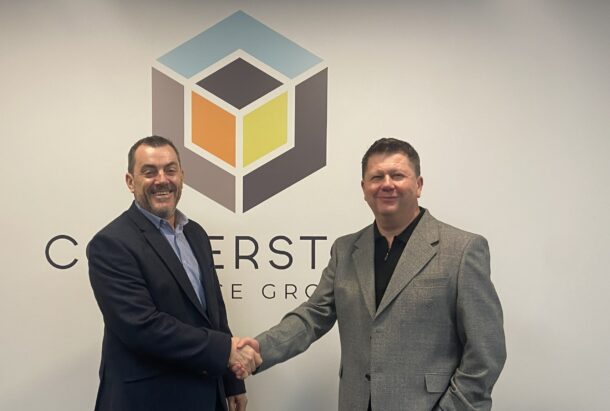By Jude Reynolds, Protection Specialist, Zurich
Why Mortgage Advisers Should Talk About Business Protection
For mortgage advisers already helping clients with personal protection, the natural next step is to begin exploring their business needs too. When clients are self-employed, own a business, or are company directors, there’s a clear opportunity to widen the conversation and by doing so, advisers can protect their own businesses as well as their clients’.
Business Protection vs. Personal Protection
It’s easy to assume business protection is something separate or more complex than personal protection. But in reality, it’s not. If you understand personal protection, you’re already most of the way there. The main difference is in the purpose of the cover. Rather than supporting an individual or their family, business protection supports the company itself – keeping it going if something unexpected happens to a key person or shareholder.
The Three Core Types of Business Protection
Relevant Life Plans
There are three core types of business protection to be aware of. First is the relevant life plan. This allows an employer to offer a death-in-service benefit to an employee or director, paid for by the business. The plan is technically a personal policy, but it’s funded through the business, which makes it a tax-efficient option. It’s suitable for directors and most employees, though not for sole traders who aren’t incorporated.
Key Person Protection
Next is key person protection. This is designed to provide a financial safety net if someone critical to the running of the business dies or becomes seriously ill. It can help cover the costs of recruitment, loss of profits or even support existing liabilities. Without this type of cover in place, businesses can quickly find themselves under pressure if a key individual is no longer there.
Shareholder Protection
The third is shareholder protection. This helps ensure that, in the event of a shareholder’s death or serious illness, there is funding available for the remaining shareholders to buy out their share of the business. Without this, the shares could end up in the hands of a family member who may not be equipped to manage the business. This can lead to serious complications and uncertainty at a time when stability is needed most.
Starting the Conversation with Clients
The key to all of this is starting good conversations. There are plenty of cues to listen out for. If someone tells you they’re self-employed or run a limited company, that’s your moment to start asking the next question. It doesn’t need to be complicated. You can ask if they have business loans or directors’ loans, whether they’ve given any personal guarantees, or who would step in if they were unable to work. These are simple questions that prompt clients to think about the risks and open the door to a deeper conversation.
Why Business Owners Understand Risk
It’s also important to remember that business clients are often more familiar with the idea of risk. That can make the conversation easier than you might expect. Many business owners already understand the need for contingency planning, so when you explain that there are protection policies designed to address those risks, it can make a lot of sense to them.
Practical Steps for Advisers New to Business Protection
For advisers who are new to this area, the advice is to start small. Don’t feel that you need to tackle complex shareholder arrangements straight away. Begin with sole directors or small businesses. Of the 5.5 million businesses in the UK, almost all of them – more than 5.4 million – employ fewer than 50 people. These are manageable cases that offer meaningful opportunities.
Building Awareness and Confidence
It can also help to raise awareness gradually. Add a short section on business protection to your website. Mention it in your client newsletters. Let your existing clients know you can help in this space. From there, you can start to include the subject in more of your client conversations. With the right support, you’ll quickly build your confidence.
Support and Resources for Advisers
There’s plenty of help available. At Zurich, we offer literature, technical guidance and access to webinars that explain each of the core product types. There are also business protection fact finds to help structure your conversations and identify the right solutions. And you don’t need additional qualifications – just some time to understand the basics and apply what you already know from personal protection.
The Importance of Regular Reviews
As with any area of advice, regular reviews are essential. Businesses change. So do risks. By building long-term relationships with your clients and keeping protection under review, you not only add value – you also help retain your client base. If you don’t offer this support, someone else might. And they could end up taking both the business and personal parts of the relationship.
Final Advice for Advisers
My advice is simple: don’t be afraid of business protection. Give it a go, take your time, and ask a few extra questions. You’ll be surprised at the doors it opens. I enjoy working in this space and once you’ve had a few of these conversations, you might find you do too.






